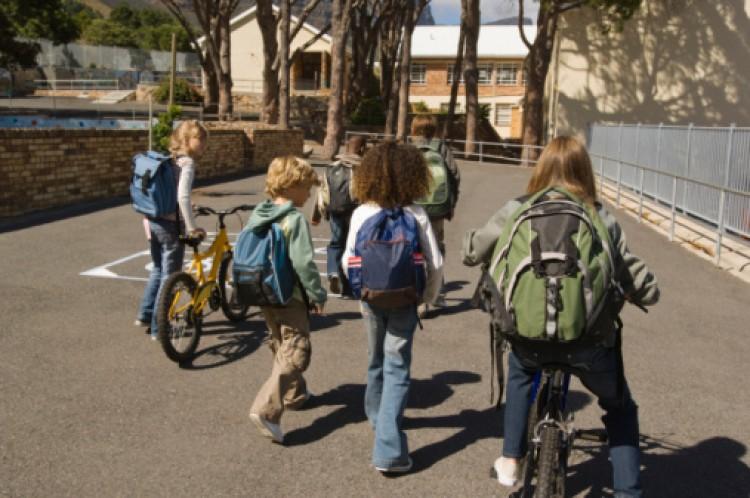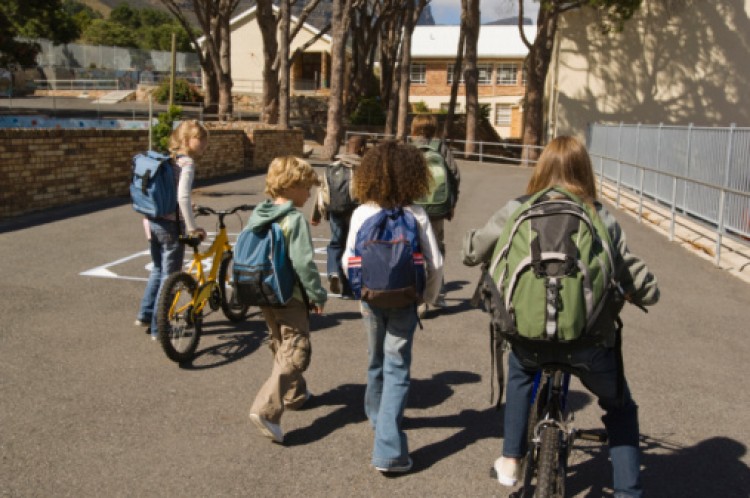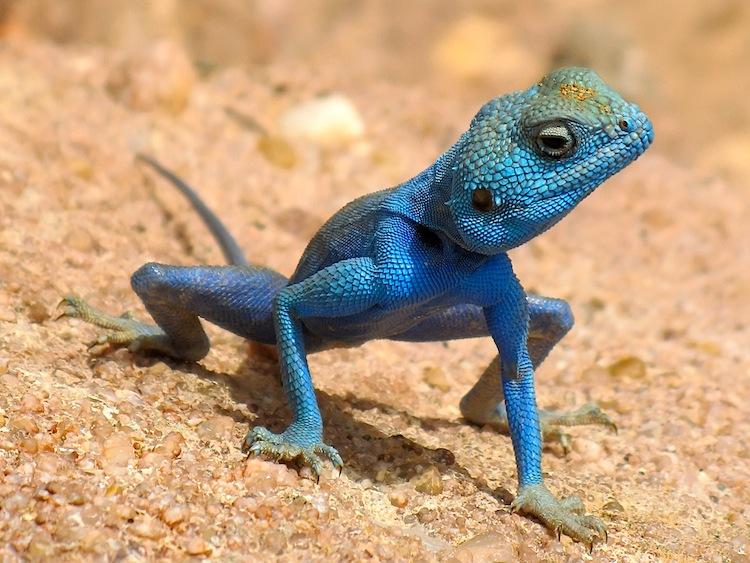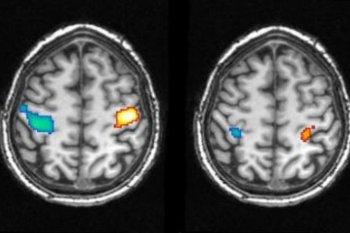Friendship Helps to Reduce Childhood Stress
Fourth graders have lower stress levels when experiencing peer exclusion if they have good friends, according to new research from the Netherlands.
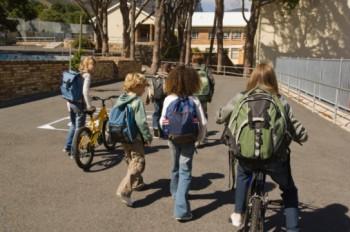
Children get stressed due to exclusion, and victimization, such as gossiping and hitting. However, the effect is diminished if victims have at least a few good friends. Photos.com
|Updated:
